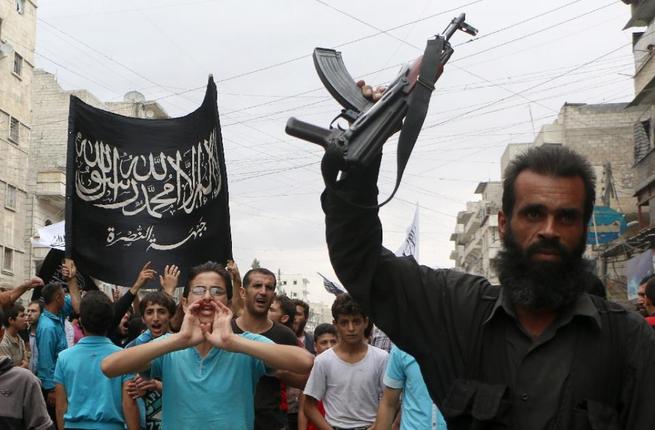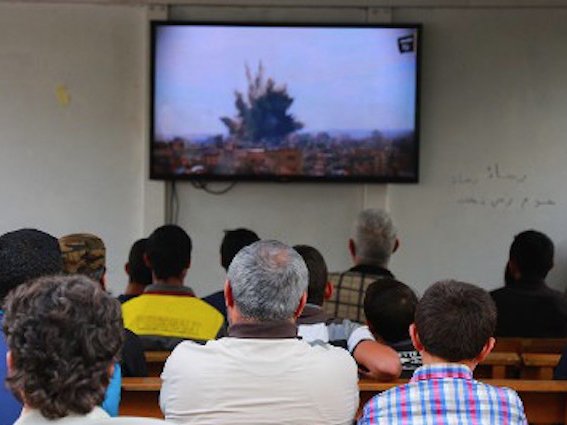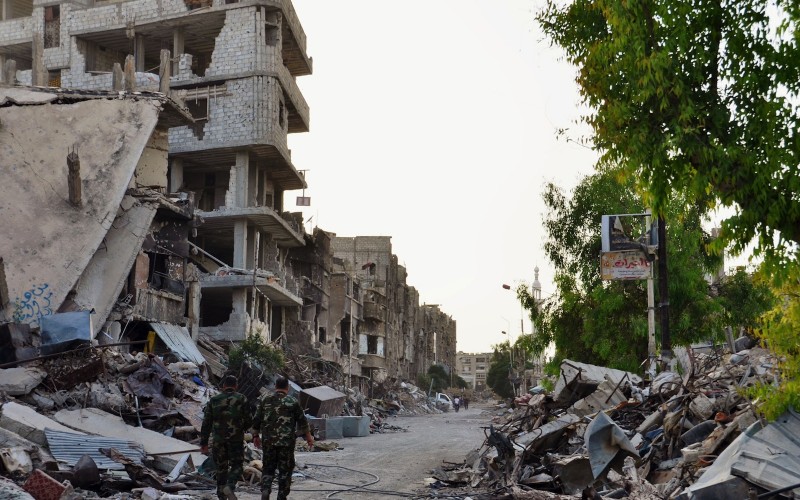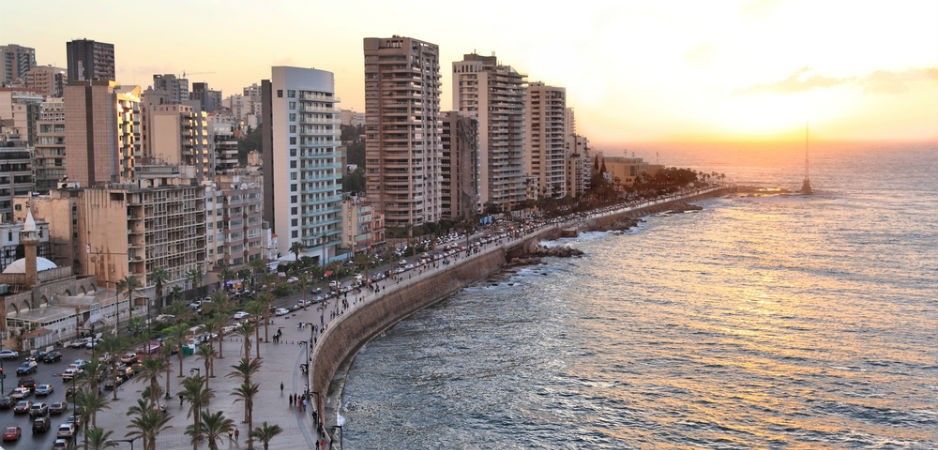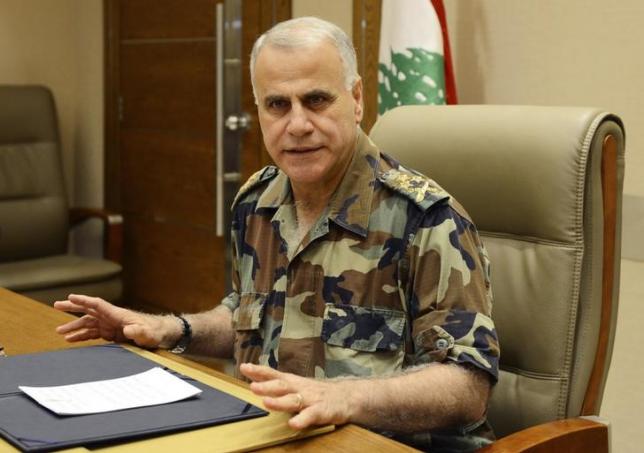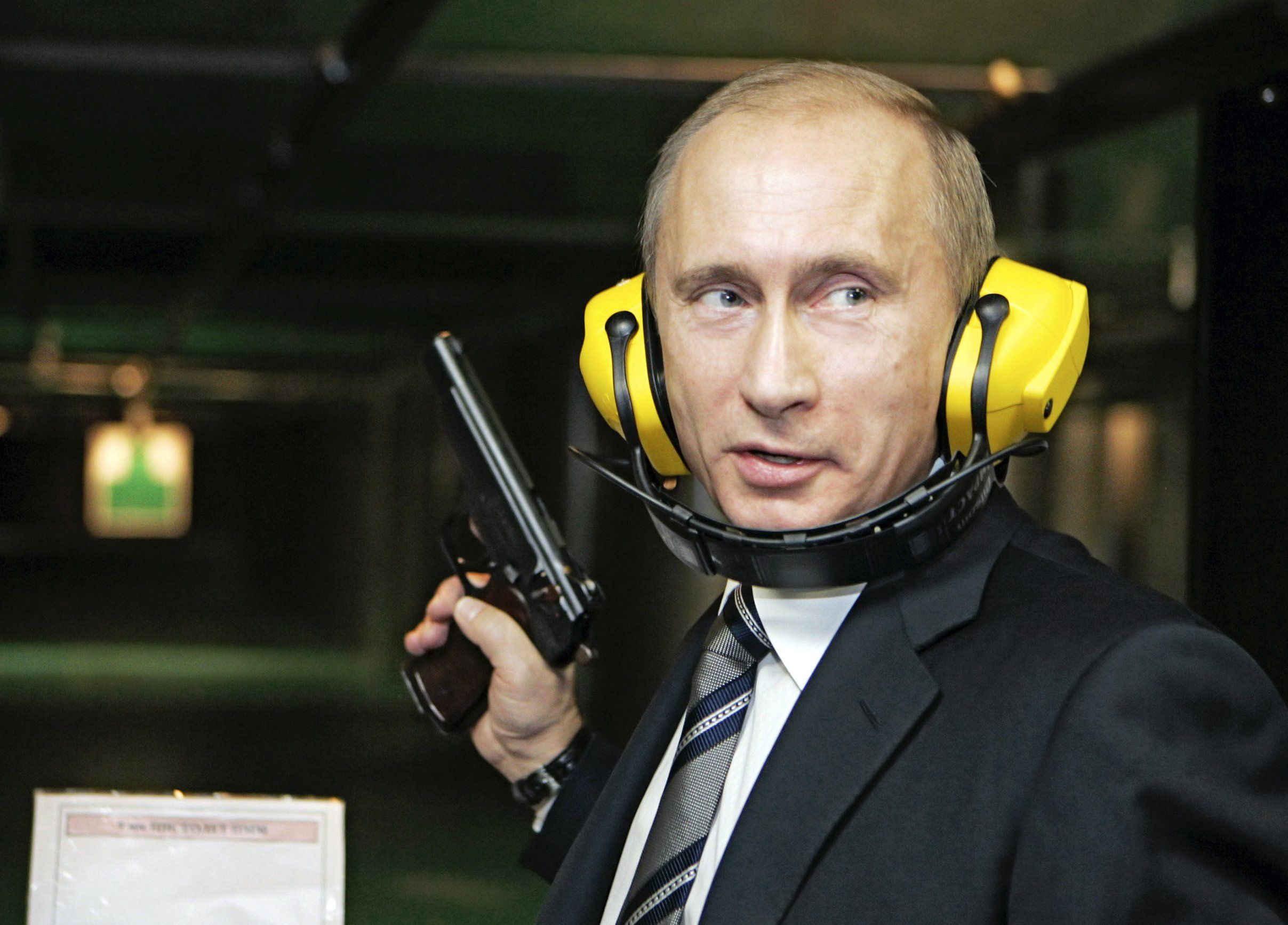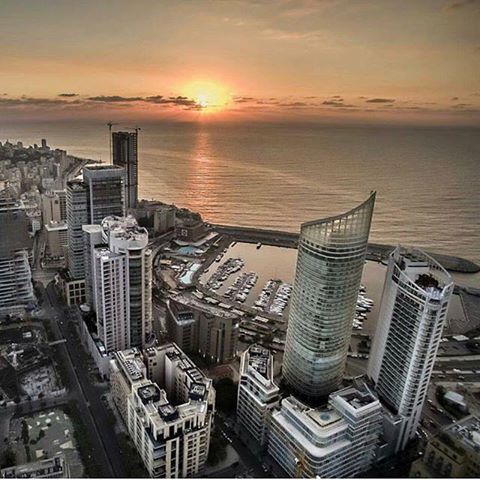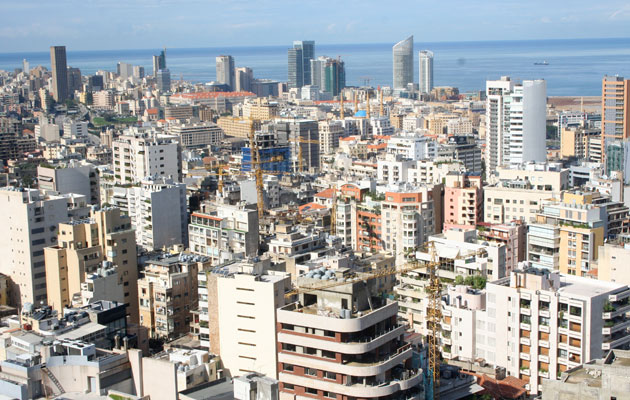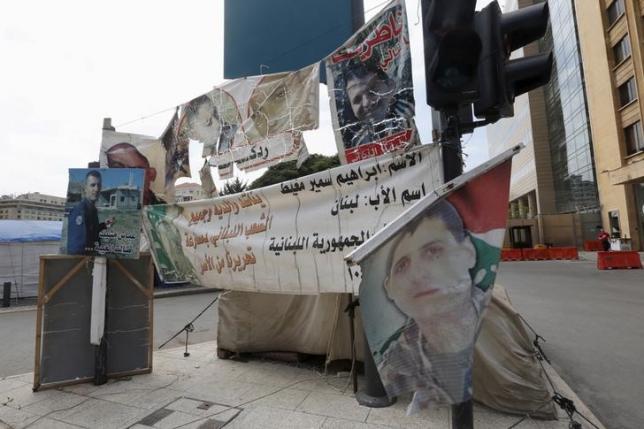
Reuters
Efforts to secure the release of Lebanese soldiers and policemen held captive by the Nusra Front have been obstructed by last minute demands from the Syrian al Qaeda-linked group, the head of a Lebanese security agency was quoted as saying on Monday.
Major General Abbas Ibrahim, head of General Security, told al Joumhouria newspaper the government had fulfilled all its commitments to secure their release. The men were expected to be released over the weekend in a deal that would include the release of a number of Islamist prisoners jailed in Lebanon.
The security personnel were taken captive in August 2014 during an incursion from by fighters from the Nusra Front and Islamic State into the border town of Arsal. The authorities have been trying to negotiate the release with Qatari mediation.
